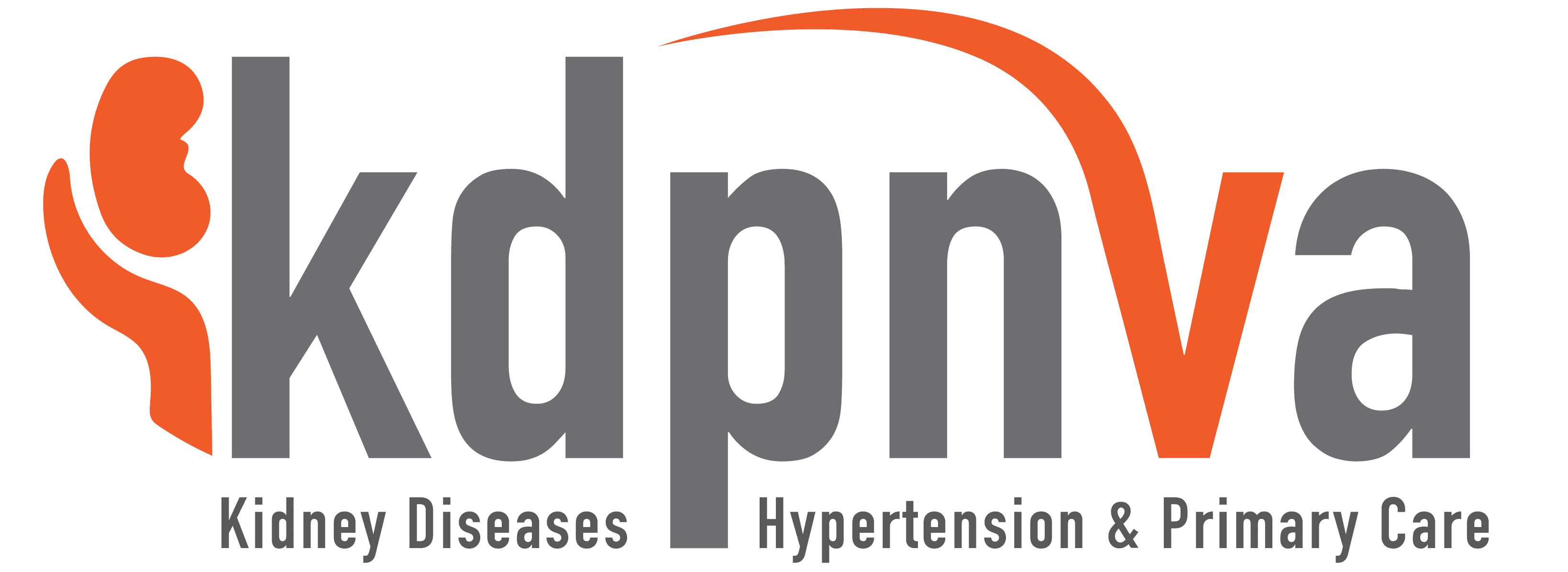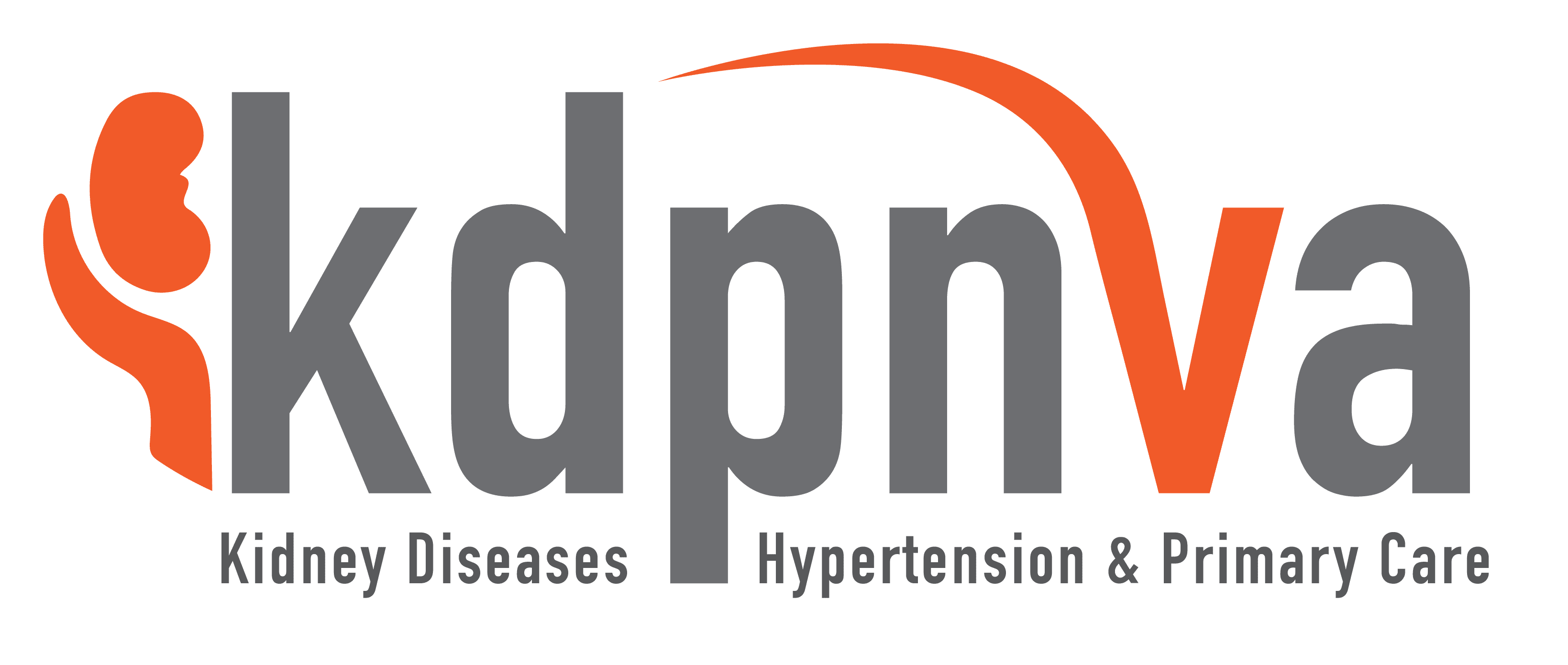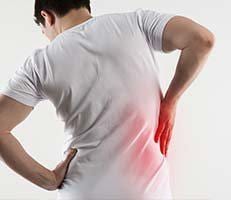Your kidneys remove waste from your bloodstream and expel it through your urinary tract. However, sometimes there are complications, and the salt and mineral deposits stick together forming a stone. While these stones don’t usually do damage, they tend to cause you to suffer from other symptoms. If you have waves of pain in your side and back that radiate to your lower abdomen, call or make an appointment online today with the doctors at Kidney Diseases, Hypertension, & Primary Care of Virginia, LLC in Arlington and Alexandria, Virginia.
Kidney Stones Q & A
What are kidney stones?
Kidney stones are hard deposits of minerals and salts that form inside your kidneys. They range in size from as small as a grain of sand to as large as a pearl.
Kidney stones get classified by the substances they are made up of, which include:
Calcium stones
The most common type of kidney stone is made up of calcium oxalate, which naturally occurs in fruits, vegetables, nuts, and chocolate. Calcium oxalate also gets made by your liver. High doses of vitamin D and certain medical conditions increase the concentration of calcium oxalate in your urine.Calcium phosphate forms some kidney stones, especially if you suffer from a metabolic condition, certain migraine headaches, or take certain seizure medications.
Struvite stones
Struvite stones result from infections and quickly grow large.
Uric acid stones
Uric acid stones tend to form when you don’t drink enough liquids or lose too much fluid, and if you eat a high-protein diet or suffer from gout. Uric acid stones also tend to be hereditary.
Cystine stones
You can end up with cystine stones if your kidneys excrete too much of the amino acids called cystinuria.
How are kidney stones diagnosed?
Kidney stone symptoms include:
-
-
- Excessive pain in your back or side
- Bloody urine
- Fever and chills
- Vomiting
- Cloudy, smelly urine accompanied by a burning sensation
-
If one of the doctors at Kidney Diseases, Hypertension, & Primary Care suspects you have a kidney stone, your medical history is reviewed, and you will undergo a physical exam. This exam includes blood and urine tests as well as X-rays. Once you pass the stone, it gets sent to a lab for analysis.
How are kidney stones treated?
It’s not uncommon for kidney stones to pass on their own. Pain medication, along with the recommendation to increase the amount of water you drink, is often all that’s needed.
However, there are other procedures that the doctors at Kidney Diseases, Hypertension, & Primary Care recommend for large stones and those that cause infections, such as:
-
-
- Lithotripsy: Sound waves break up your kidney stone into passable-size pieces
- Ureteroscopy: A small scope is inserted into your bladder and ureter to find and remove ureteral stones
- Surgery: An incision in your back is made to remove stones that are very large or difficult to break down with other methods
-
If you suspect you are suffering from a kidney stone, call or make an appointment online today at Kidney Diseases, Hypertension, & Primary Care in Arlington, Virginia.



